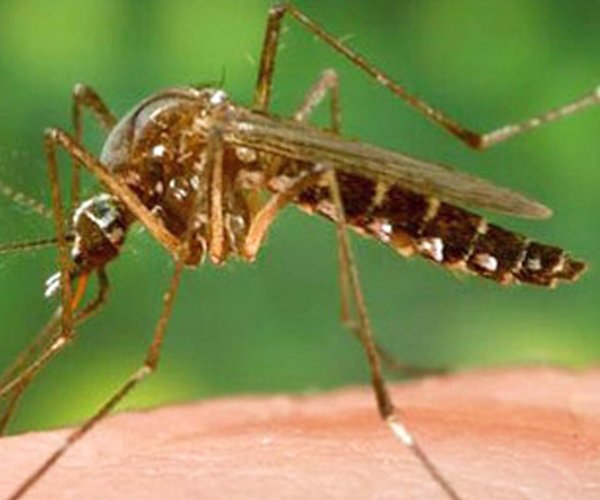Drivers are rejoicing as pump prices across California continue to drop. According to AAA, which tracks gas prices as a service to consumers, every Northern California metro area tracked by the organization saw a double digit decrease at the pump over the past month.
According to ModestoGasPrices.com, which tracks gasoline prices in the Turlock area, a gallon of regular, unleaded gasoline could be found for $3.59 on Friday — a 57 cent difference from the averaged $4.16 per gallon available the first week in May.
The state’s average for a gallon of regular, unleaded gasoline is $3.94, down 32 cents since last month’s AAA report on May 10. For perspective, that’s 86 cents higher than California’s average price on this date last year. Among all 50 states, California now has the fourth highest state average price for regular, unleaded gasoline. Alaska is first and Hawaii, Connecticut, and Illinois are tied for the second highest average price, while New York is third.
Northern California gas prices are now averaging $3.92, down 33 cents from last month. In the San Francisco Bay Area, motorists can expect to pay an average price of $4.02, which is a 30-cent drop. The national average price of $3.70 is down by 25 cents, which is $1 more than the national price on this date last year, when it was $2.70.
“Consumers continue to experience welcome relief at the pump as gasoline markets in the U.S. are returning to relatively lower prices,” explained AAA Northern California spokesperson Matt Skryja. “Gasoline demand is down over the last week after it steadily rose for the four weeks prior. Speculation about where oil demand might go for the second half of 2011 continues to cause controversy worldwide.”
At its meeting last week in Vienna, the Organization of the Petroleum Exporting Countries (OPEC) was unable to come to a consensus about whether its members should increase oil production to meet the rising global demand forecast for the remainder of 2011. The meeting ended in confusion and without consensus on production levels which is unusual for a group that relies on unification to influence the market. The Saudi Oil Minister has now said that his country will meet the needs of the market regardless of the disagreement. This action is expected to apply downward pressure on crude prices. OPEC member countries collectively hold 79 percent of global crude oil reserves and account for 44 percent of global production. The United States imports almost six million barrels per day of crude oil from OPEC countries, accounting for nearly a third of U.S. consumption.
While the drop in gasoline prices comes just in time for summer road trips, there are still ways to stretch every dollar spent at the pump. The U.S. Department of Energy recommends driving more efficiently. The department offers six tips for achieving this:
1.) Drive sensibly — Aggressive driving (speeding, rapid acceleration and braking) wastes gas. It can lower your gas mileage by 33 percent at highway speeds and by 5 percent around town. Sensible driving is also safer for you and others, so you may save more than gas money.
2.) Observe the speed limit —While each vehicle reaches its optimal fuel economy at a different speed (or range of speeds), gas mileage usually decreases rapidly at speeds above 60 mph. You can assume that each 5 mph driven over 60 mph is like paying an additional $0.30 per gallon for gas. Observing the speed limit is also safer.
3.) Remove excess weight — Avoid keeping unnecessary items in the vehicle, especially heavy ones. An extra 100 pounds in a vehicle could reduce the MPG by up to 2 percent. The reduction is based on the percentage of extra weight relative to the vehicle's weight and affects smaller vehicles more than larger ones.
4.) Avoid excessive idling — Idling can use a quarter to a half gallon of fuel per hour, depending on engine size and air conditioner (AC) use. Turn off the engine when the vehicle is parked. It only takes a few seconds worth of fuel to restart a vehicle. Turning the engine on and off excessively, however, may increase starter wear.
5.) Use cruise control — Using cruise control on the highway helps maintain a constant speed and, in most cases, will save gas.
6.) Use overdrive gears — When using overdrive gearing, a car's engine speed goes down. This saves gas and reduces engine wear.
To contact Kristina Hacker, e-mail khacker@turlockjournal.com or call 634-9141 ext. 2004.





